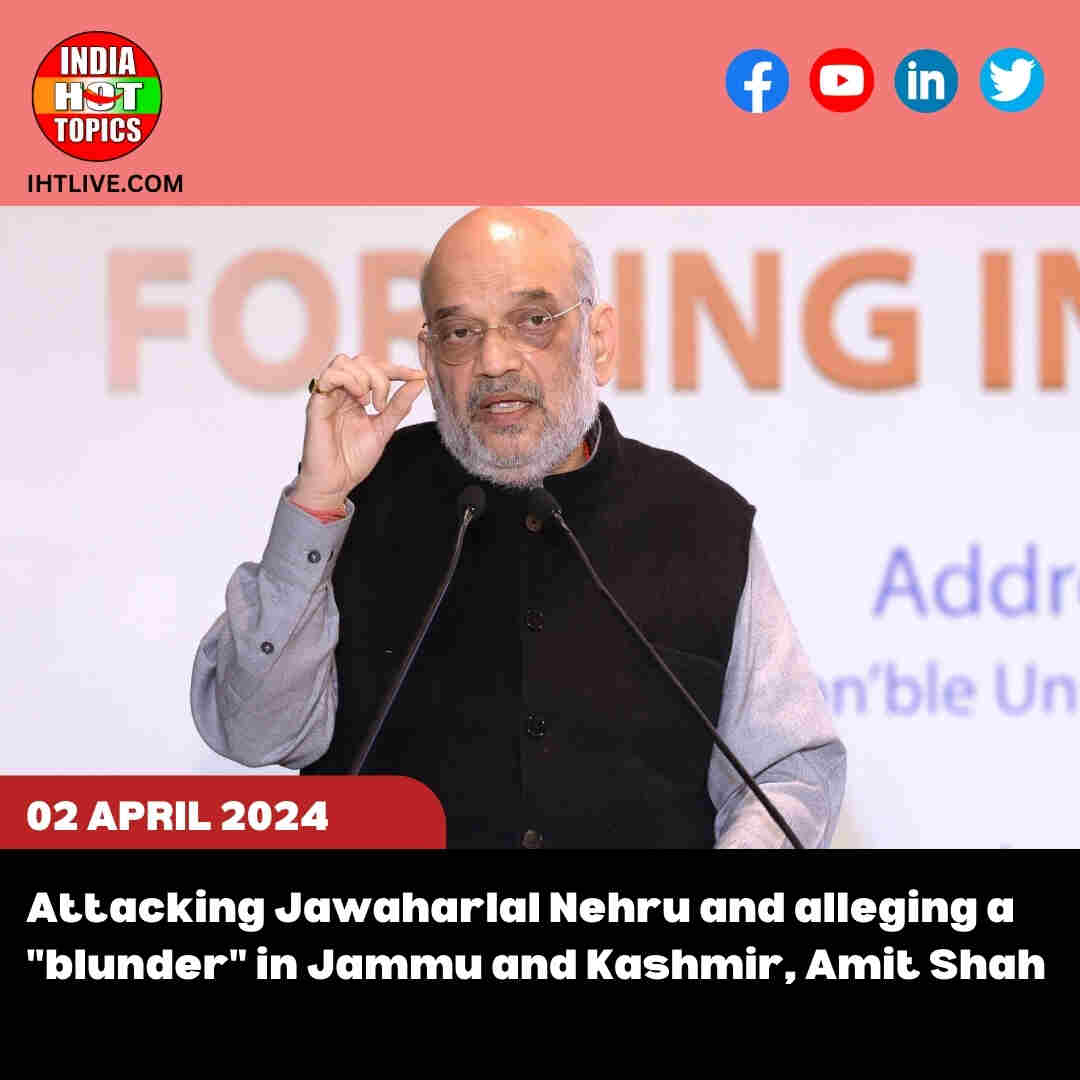India
A Day After Poor Air Quality, A Plan To Control Delhi Pollution Activates

Delhi, the bustling capital of India, is known for its rich history, vibrant culture, and economic significance. However, in recent years, it has also earned the unfortunate reputation of being one of the most polluted cities in the world. Air pollution in Delhi has reached alarming levels, causing severe health issues and environmental degradation. In a hopeful turn of events, after yet another day of poor air quality, a comprehensive plan to control pollution in Delhi has been activated. In this blog, we will delve into the urgency of addressing Delhi’s pollution crisis and the steps taken to mitigate it.
The Air Quality Crisis in Delhi
Delhi’s air quality has been a growing concern for years, particularly during the winter months. The city grapples with a toxic mix of pollutants, including particulate matter, vehicular emissions, industrial pollution, and crop residue burning from neighboring states. This toxic cocktail forms a dense haze, commonly referred to as the “Delhi smog,” which engulfs the city, posing serious health hazards.
The consequences of poor air quality are dire. Respiratory diseases, heart ailments, and aggravated allergies are prevalent among Delhi’s residents, and children are particularly vulnerable. The city’s environment suffers as well, with adverse impacts on flora and fauna, as well as water and soil pollution.
Activating a Comprehensive Plan
Recognizing the urgency of the situation, the Delhi government, in collaboration with various stakeholders, has activated a comprehensive plan to control pollution. This plan focuses on several key areas:
1. Reducing Vehicular Emissions: Delhi’s vehicular population is a major contributor to air pollution. The government has introduced measures such as the Odd-Even scheme (alternating days for cars with odd and even-numbered license plates), encouraging the use of public transportation, and promoting electric vehicles to reduce emissions.
2. Strict Industrial Regulations: Industries in and around Delhi are required to comply with stringent emission standards. Regular monitoring and strict enforcement of these standards are essential to curb industrial pollution.
3. Crop Residue Management: Addressing crop residue burning in neighboring states like Punjab and Haryana is crucial. Delhi’s government has been working with these states to promote alternative methods of crop residue disposal.
4. Public Awareness and Education: Raising awareness among the public about the health risks associated with air pollution is essential. Initiatives like “Clean Air Campaigns” and “Plantation Drives” have been launched to engage citizens in the fight against pollution.
5.Improving Green Infrastructure: Increasing the green cover in the city through tree planting and rejuvenating urban forests can help absorb pollutants and mitigate the urban heat island effect.
6. Regulating Construction and Demolition: Construction activities release significant dust particles into the air. Regulations have been enforced to minimize dust emissions at construction sites.
The Role of Citizen Engagement
One of the most significant aspects of the plan is the active involvement of Delhi’s citizens. The “Green Delhi” app allows residents to report instances of pollution and environmental violations. This citizen engagement not only holds polluters accountable but also fosters a sense of collective responsibility.
The activation of a comprehensive plan to control pollution in Delhi is a step in the right direction. While the road ahead may be challenging, the urgency of addressing air pollution cannot be overstated. A cleaner, healthier Delhi is not just a dream; it is a necessity for the well-being of its residents and the preservation of the city’s environment. The commitment of the government, along with the active participation of citizens, offers hope that Delhi’s air quality can be improved and its residents can breathe easier in the future.
General News Platform – https://ihtlive.com/
Entertainment News Platforms – anyflix.in
Construction Infrastructure and Mining News Platform – https://cimreviews.com/
Podcast Platforms – https://anyfm.i
India
Congress leader: “Kangana Ranaut once said she likes beef.” BJP retaliates
A significant controversy ensued following Congress leader Supriya Shrinate’s controversial social media post about actor-turned-politician Kangana Ranaut.
The Bharatiya Janata Party (BJP) has criticized Maharashtra Opposition and Congress leader Vijay Wadettiwar for claiming actor Kangana Ranaut’s post on Twitter about her beef preferences and the BJP’s decision to grant her a Lok Sabha election ticket.
Shaina NC, a BJP leader in Maharashtra, criticised Congress leader Vijay Wadettiwar’s comments and other ludicrous remarks made by Congress leaders. She stated that Wadettiwar’s actions, including granting Kangana Ranaut a ticket due to her beef consumption, are not the first time Congress has made such ludicrous remarks.
Shaina criticizes Congress social media in-charge Supriya Shrinate’s post against Ranaut, claiming that Shrinate’s comments and Randeep Surjewala’s discussion about Hema Malini’s attributes are anti-women, despite her age.
Shaina pledged that all women would participate in the voting process, and the results on June 4 would provide a “fitting answer to Congress.”
The Prime Minister of India has ensured respect for women in various political parties, including Triple Talaq and Nari Shakti Vandan. If the Congress party lacks thought processes, the answer will be on June 4 when Indian women vote against the anti-woman Congress party.
Supriya Shrinate’s post that sparked controversy
Congress leader Supriya Shrinate’s controversial social media post about actor-turned-politician Kangana Ranaut, who received a BJP ticket from the Mandi constituency in Himachal Pradesh for the upcoming Lok Sabha election, sparked a massive controversy.
Kangana, in response to Shrinate’s post, emphasized that every woman deserves respect and dignity. She shared her 20-year career as an artist, which includes portraying various women, from naive girls in Queen to seductive spy in Dhaakad, goddesses in Manikarnika, demons in Chandramukhi, prostitutes in Rajjo, and revolutionary leaders in Thalaivii.
The Congress leader later revealed that someone with access to her social media accounts had posted objectionable content.
General News Platform – https://ihtlive.com/
Entertainment News Platforms – anyflix.in
Construction Infrastructure and Mining News Platform – https://cimreviews.com/
Podcast Platforms – https://anyfm.in/
India
PM Modi mocks Congress’s Lok Sabha election platform with the “imprint of Muslim League.”
The Congress’s manifesto promised legal guarantees to MSP, a national minimum wage of ₹400 per day, and a nationwide caste census.
Prime Minister Narendra Modi criticized the Congress for its Lok Sabha election manifesto, claiming it was influenced by the Muslim League.
Modi criticized Congress’s manifesto, which he said reflected the same mindset as the Muslim League’s during the freedom movement, at a public meeting in Uttar Pradesh’s Saharanpur, where voters will vote in the first phase of Lok Sabha elections on April 19.
The Congress manifesto is largely influenced by the Muslim League, with any remaining parts being dominated by leftists.
The Prime Minister of India, Shri Narendra Modi, stated that the BJP government is committed to implementing government schemes that cater to all sections, castes, and communities.
Modi’s attack comes after the Congress released its general election manifesto, emphasizing the ‘five pillars of justice’, including ‘Yuva Nyay’, ‘Naari Nyay’, ‘Kisaan Nyay’, ‘Shramik Nyay’, and ‘Hissedari Nyay’.
The Congress has pledged legal guarantees for the minimum support price, a national minimum wage of ₹400 per day, personal law reform, and a nationwide caste census.
Congress has announced that the MSP payable to farmer-sellers at procurement centers and APMCs will be directly credited to the farmer’s bank account digitally.
The grand old party announced that Congress will create and execute a robust import-export policy for agricultural commodities, prioritizing the protection of farmers’ interests and concerns.
The Lok Sabha elections will commence on April 19, with subsequent phases scheduled for April 26, May 7, 13, 20, 25, and June 1, with the vote counting scheduled for June 4.
General News Platform – https://ihtlive.com/
Entertainment News Platforms – anyflix.in
Construction Infrastructure and Mining News Platform – https://cimreviews.com/
Podcast Platforms – https://anyfm.in/
India
Cong selects ex-navyman Viriato Fernandes and former Union minister Khalap for Goa seats.
Fernandes, a former navy captain from Kargil war, believes his candidacy represents the voice of every Goan and intends to bring it to Parliament.
The Congress party has announced its list of six candidates for both North and South Goa parliamentary seats in the upcoming Lok Sabha polls, announced by AICC general secretary K C Venugopal.
Congress has selected former Union minister Ramakant Khalap for the North Goa seat and former Navyman Viriato Fernandes for the South Goa seat.
Fernandes, a former navy captain from Kargil war, believes his candidacy represents the voice of every Goan and intends to bring it to Parliament.
Fernandes stated that the ticket is for all Goans and activists who have been protesting against the injustices of the BJP government, including issues like unemployment, inflation, industrialization of Goa’s coast through coal handling projects, and railway double tracking.
The ruling party is threatening democracy by controlling independent institutions and using them to harass opposition figures, including former Jharkhand and Delhi chief ministers Hemant Soren and Arvind Kejriwal, in an unprecedented attack on democracy.
Fernandes, who previously lost to BJP’s Mauvin Godinho in the 2022 Goa legislative assembly polls, will face Pallavi Dempo, the first woman MP candidate named by the BJP, in the upcoming election.
Khalap represented the north Goa seat from 1996 to 1998, winning it for the Maharashtrawadi Gomantak Party.
Khalap, a seven-time MLA, is set to challenge BJP MP Shripad Naik for the North Goa seat, aiming to retain it for a sixth consecutive term.
The party has announced candidates for three seats in Madhya Pradesh and one for the Union Territory of Dadra and Nagar Haveli.
Goa’s Lok Sabha seats will be voted for during the third phase of voting on May 7, with the counting of votes scheduled for June 4.
General News Platform – https://ihtlive.com/
Entertainment News Platforms – anyflix.in
Construction Infrastructure and Mining News Platform – https://cimreviews.com/
Podcast Platforms – https://anyfm.in/
-
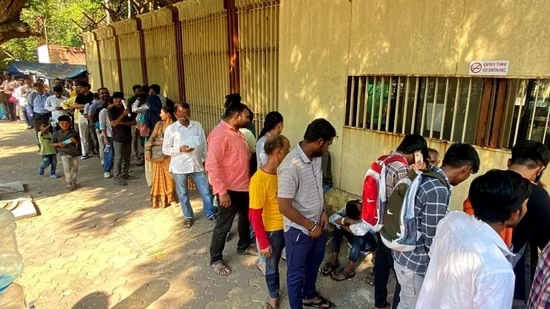
 India5 months ago
India5 months agoThe afternoon briefing revealed that 97.26% of the ₹2000 notes were returned, and the Israeli Prime Minister committed to war goals.
-
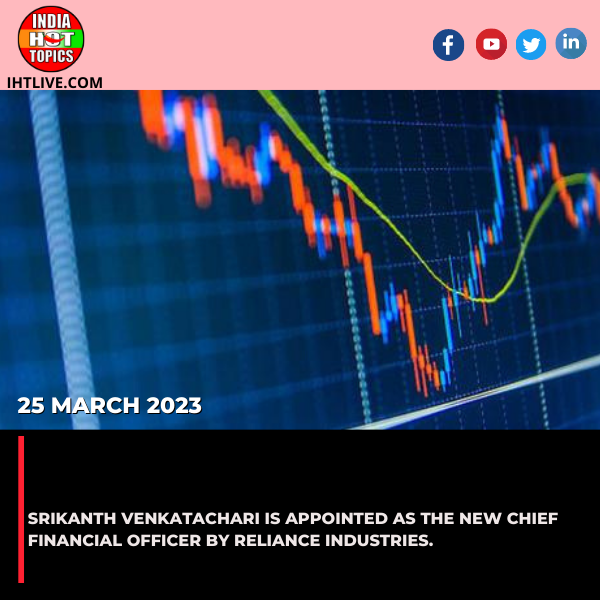
 Business1 year ago
Business1 year agoSrikanth Venkatachari is appointed as the new chief financial officer by Reliance Industries.
-
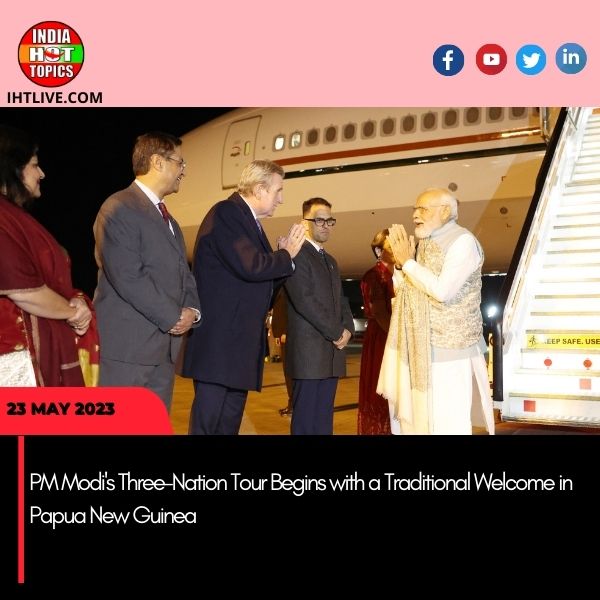
 India12 months ago
India12 months agoPM Modi’s Three-Nation Tour Begins with a Traditional Welcome in Papua New Guinea
-

 Entertainment10 months ago
Entertainment10 months agoNew Season 8 The Walking Dead trailer flashes forward in time
-

 Fashion7 years ago
Fashion7 years agoThese ’90s fashion trends are making a comeback in 2017
-

 India Hot Topics9 months ago
India Hot Topics9 months agoIndian Lab Owner Imprisoned for Nearly $500 Million Genetic Test Scam.
-
World4 weeks ago
Regarding Biden’s ‘worst’ SOTU speech, Donald Trump made the absurd assertion that ‘He was higher than a kite’.
-
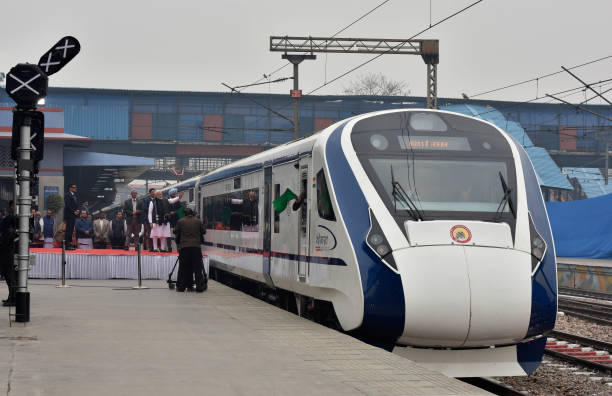
 India11 months ago
India11 months ago3 Vande Bharat Trains, An E-way: MP’s Infra, Connectivity Projects on Fast Track ahead of Assembly Polls


